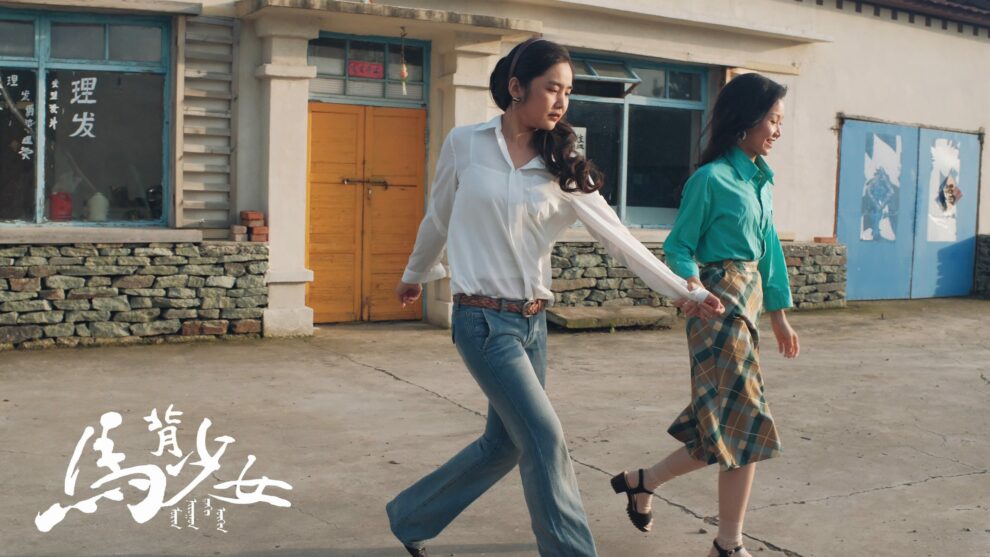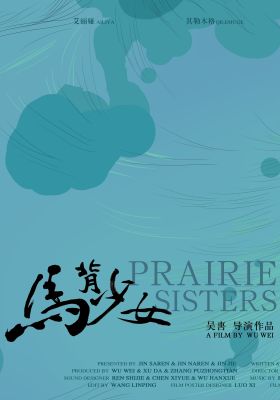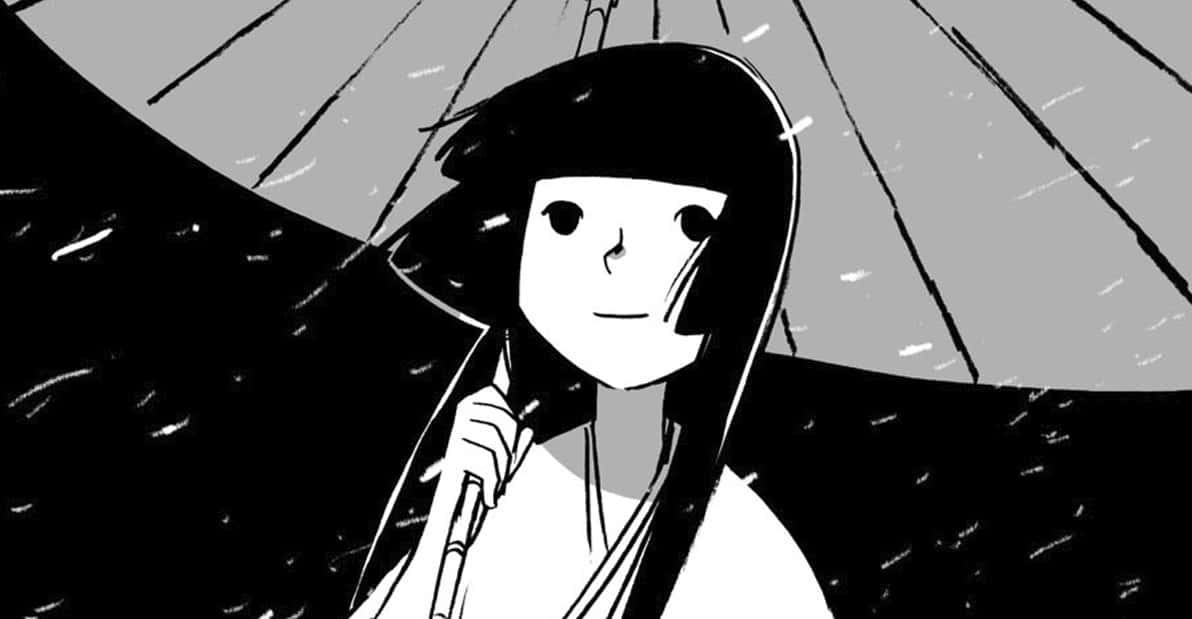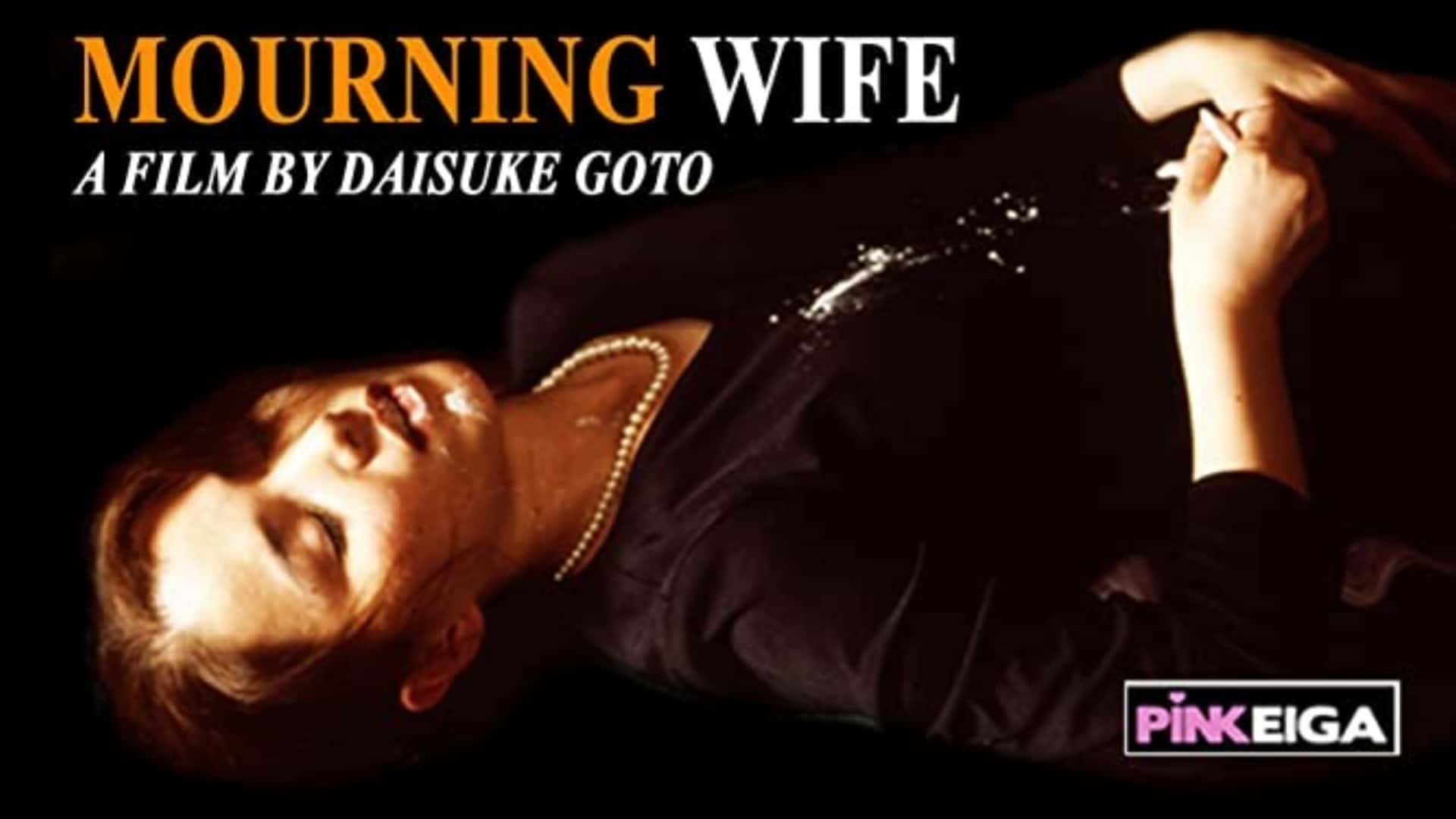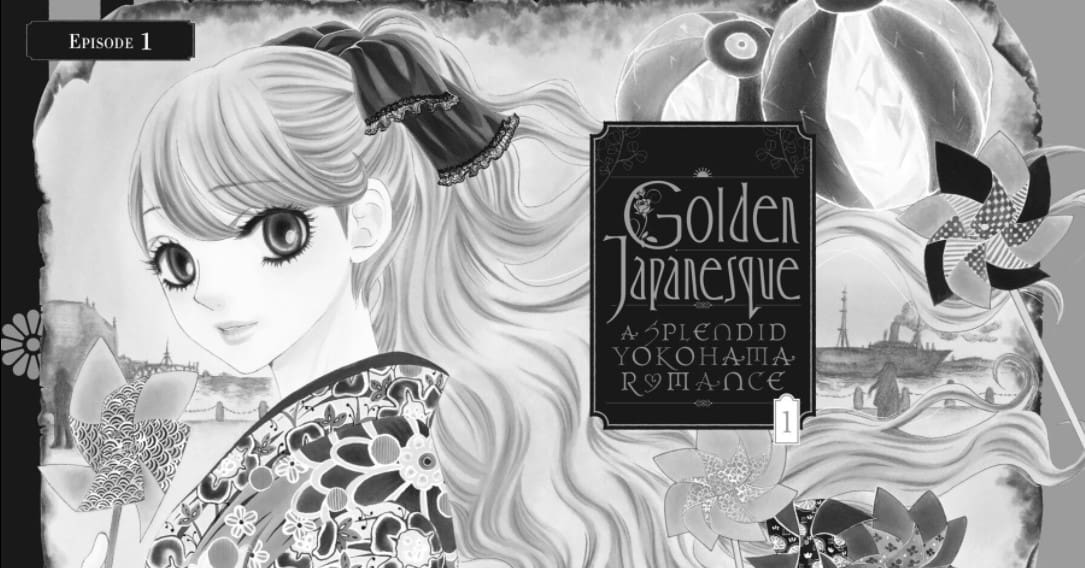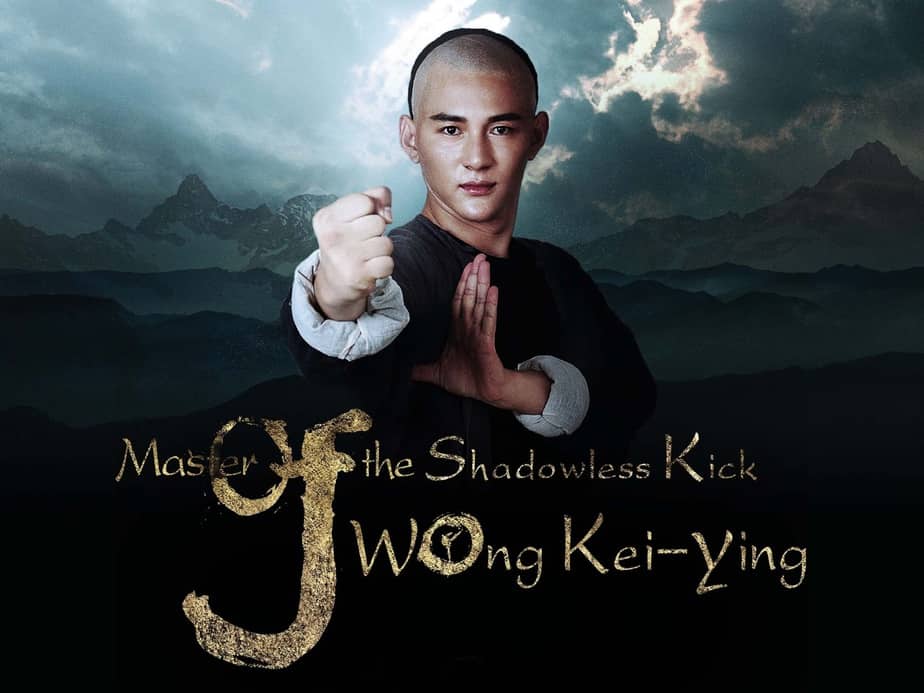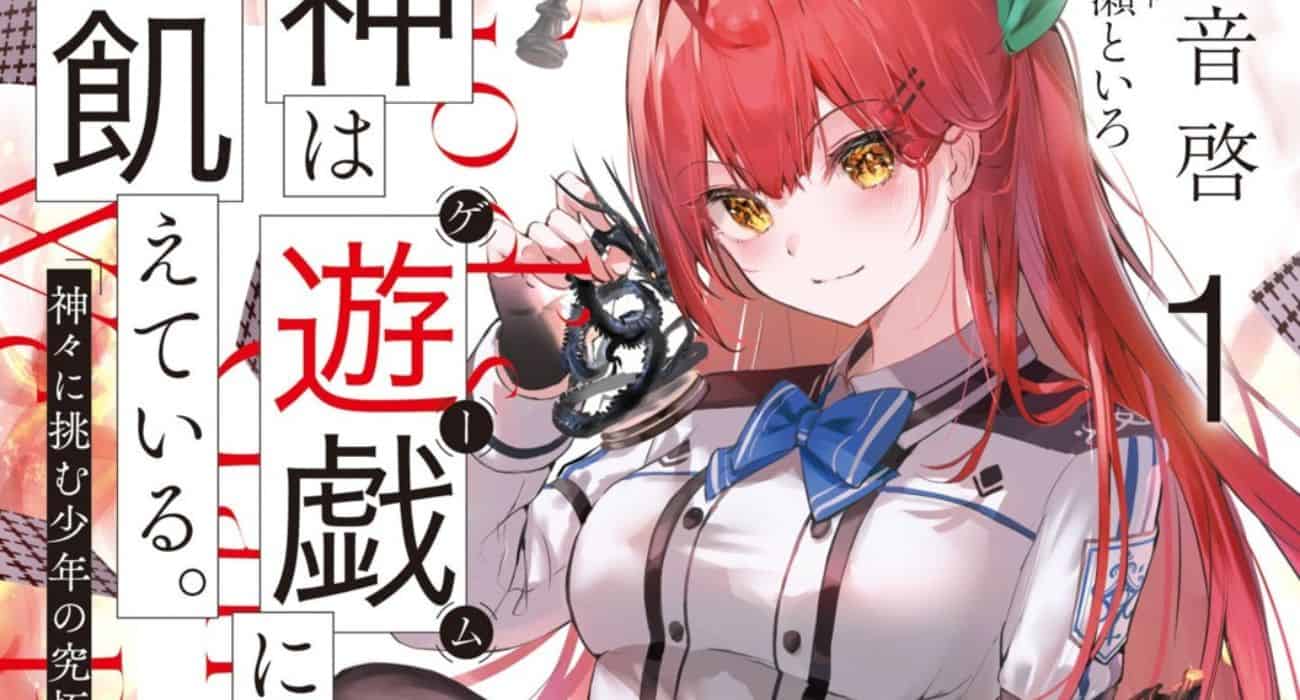Leaving small societies to pursue something better in life has always been a dream of the youths that grow up in such places. Achieving the dream, however, is not always easy, with some eventually returning, and others not even making it out, frequently due to familial pressure/obligations. Wu Wei explores the concept through two sisters living in a small village in Mongolia.
Watch This Title
on CathayPlay
The said sisters are Naren and Saren Kim, with the first being in charge of house chores and herding the sheep of the family, and the latter working in a hair salon. It is the former, however, who literally drags the latter to an audition that will, potentially, lead them into another life in the city. The reluctant Saren is one of the girls that stands out due to her singing voice, with Naren being almost immediately dismissed. The two sisters are not to be separated though, and Saren eventually convinces (blackmails one could say) the committee to allow her sister to tag along. Before they do that, however, they have to face their mother, who is not exactly eager to let the two of them go.
Wu Wei directs a very entertaining film, managing, in just 21 minutes, to both highlight the aforementioned concept and to analyze her characters, through an approach that combines comedy and drama. As such, the short begins in comedic fashion, with the interaction in the salon being quite funny, the auditions being both funny and dramatic, and the heated talk between mother and daughters during the night being rather dramatic. It is this scene actually that the movie revolves around, with the dreams of the youths and the conservative patriarchy of the previous generation clashing rather harshly, in the most memorable sequence in the film.
At the same time, however, a dialogue between the mother and a relative that is present during the ‘fight' and even more, the finale, show that Wu Wei does not deem anyone the villain here, with the value of family and how its members care for each other even when they are fighting, being quite eloquently portrayed.
The acting is somewhat stiff on occasion, particularly from Qilemuge as Saren and Sulengga as Naren, but the aforementioned scene definitely compensates, also because Ailiya as the mother is exceptional in the part.
Jiang Alimu's cinematography emerges as one of the best traits of the movie, with the night scenes in particular being impressive, the coloring in the interiors mirroring that of paintings, and the framing adding even more to that sense. Wang Linping's editing results in a relatively fast pace that suits the narrative, allowing Wu Wei to present the story, the characters, and her comments without rushing, even in such a duration.
“Prairie Sisters” is a very appealing short, well-directed and well-shot, which works quite well as both a family drama and as a comment on the particular way of life.


